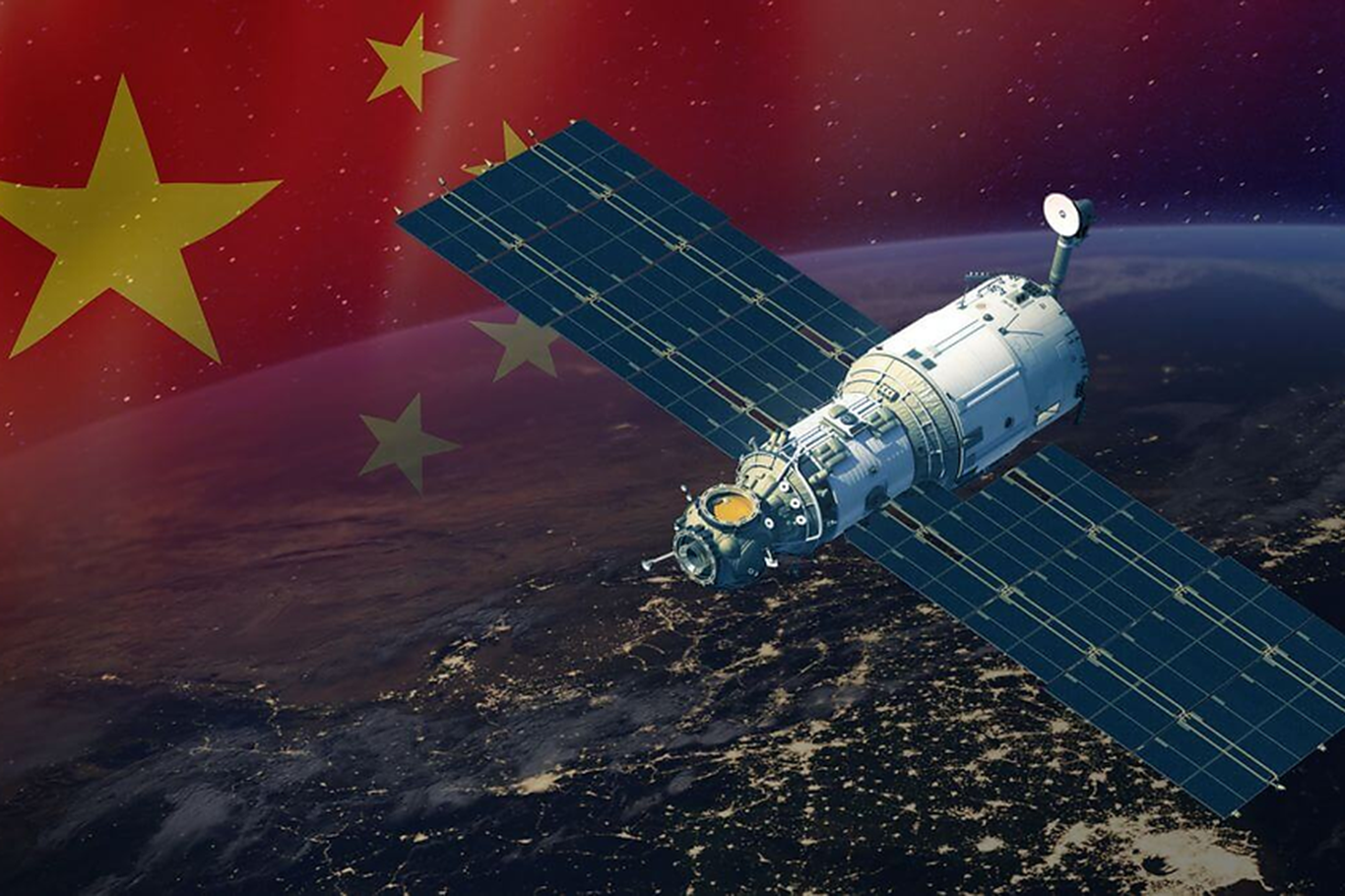China launches AI-powered satellite constellation to dominate space computing


China has taken a bold step toward a space-based AI revolution with the successful launch of the first 12 satellites of the "Three-Body Computing Constellation."
The Long March-2D rocket lifted off from the Taiyuan Satellite Launch Center in northern China on Wednesday, marking a milestone in the country's ambitious space computing initiative.
Led by Zhejiang Lab, a leading research institution, the constellation is designed to create a massive orbital supercomputing network. Once complete, it will include thousands of satellites delivering a combined computational power of 1,000 peta operations per second. This spaceborne "neural network" will process data in real time, slashing the need to send information back to Earth.
"This constellation will revolutionize how we handle data in space," said a Zhejiang Lab spokesperson. "It will enable faster, smarter decisions for everything from environmental monitoring to defense applications."
The project, inspired by Liu Cixin’s sci-fi novel The Three-Body Problem, underscores China’s push to lead in AI, quantum communications, and space infrastructure. The constellation could transform satellite communications, space missions, and military reconnaissance.
More launches are planned in the coming years, with full deployment targeted for the early 2030s. The mission highlights the growing prowess of China’s aerospace sector and its Long March-2D rocket, a cornerstone of the nation’s space program.
As global powers compete to dominate space-based AI, China’s latest achievement signals its intent to stay at the forefront of this high-stakes race. (ILKHA)
LEGAL WARNING: All rights of the published news, photos and videos are reserved by İlke Haber Ajansı Basın Yayın San. Trade A.Ş. Under no circumstances can all or part of the news, photos and videos be used without a written contract or subscription.
China successfully launched the Shijian-26 satellite into orbit on Thursday afternoon, further advancing the country’s capabilities in space-based information services and remote sensing technology.
Türkiye’s electric vehicle (EV) infrastructure continues to grow rapidly, with the number of EV charging sockets approaching 30,000 nationwide, according to the latest report from the Energy Market Regulatory Authority (EMRA).
Huawei has made a bold entry into the personal computer market, launching its first laptops powered by the self-developed HarmonyOS at an event in Chengdu, Sichuan Province, on Monday.